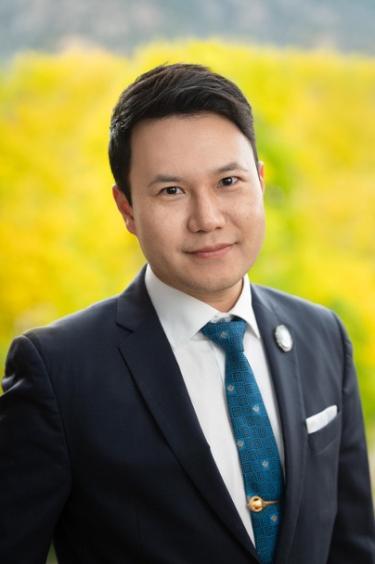PSCI 3213: International Political Economy
Analyzes issues at the intersection of international politics and international economics. Utilizes theories and concepts from both economics and political science to understand issues in trade, finance, development and migration.
Learning Objectives
- Analyze how international trade affects different social groups using society-centered and state-centered approaches to trade politics;
- Evaluate competing arguments for and against free trade, drawing on empirical evidence and major theoretical perspectives in IPE;
- Explain the political dynamics of foreign direct investment and multinational corporations, including debates around labor standards and regulatory competition;
- Compare different international monetary systems and assess the political implications of exchange rate regimes and capital mobility;
- Assess how globalization affects economic development, with a focus on the effectiveness of trade and financial policies in developing countries;
- Critically engage with theories of public opinion and policy formation on immigration within the context of international political economy.
In this course, you will
Put concepts into practice by connecting them to your daily economic activities or through short simulations, such as:
What’s in Your Backpack?
Inventory 5–7 everyday items (phone, laptop, clothes, snacks) and trace their global supply chains — where inputs come from, where assembly occurs and how tariffs or trade agreements might affect their prices.
A Latte Costs How Much?!
Track a currency exchange rate (e.g., EUR/USD) for a week and compare the price of a common product across countries. Reflect on why prices differ and what currency shifts mean for consumers, markets and politics.
Check Tariffs at Checkout
Choose a Trump-era tariff (steel, aluminum, washing machines, solar panels or Chinese imports) and explain:
- What was taxed?
- What happened to prices?
- Who gained and who lost?
- Did the tariff achieve its goals or just shift costs?
Follow the Money Home
Interview someone with migration experience about sending money abroad. Explore their concerns, the methods they use, and the purpose of transfers — then connect remittances to their economic and social impacts.

Adrian Shin
Adrian J. Shin is an Associate Professor of Political Science at the University of Colorado Boulder. He studies the political economy of international migration, inequality and globalization, with work published in leading journals such as Comparative Political Studies, International Studies Quarterly, and Economics and Politics. He earned his PhD from the University of Michigan and has taught courses on international migration, inequality and public policy, and global political economy.

